New Light on the Gospels
Omraam Mikhaël Aïvanhov interprets all these familiar tales, whether real or symbolic, told by the Gospels. He strips them of their restrictive, purely anecdotal character, and reveals their underlying, psychological and spiritual realities. Suddenly it becomes clear that they are always relevant to our own inner lives, where the forces of materialism and spirituality confront and come to terms with each other.
1 - ‘Men do not Put New Wine into Old Bottles'
2 - ‘Except Ye Become as Little Children'
3 - The Unjust Stewart
4 - ‘Lay up for Yourselves Treasures in Heaven'
5 - The Strait Gate
6 - ‘Let Him Which is on the Housetop not Come Down...'
7 - The Calming of the Storm
8 - The First Shall Be Last
9 - The Parable of the Five Wise and the Five Foolish Virgins
10 - ‘This is Life Eternal, that they Might Know Thee the Only True God'
2 - ‘Except Ye Become as Little Children'
3 - The Unjust Stewart
4 - ‘Lay up for Yourselves Treasures in Heaven'
5 - The Strait Gate
6 - ‘Let Him Which is on the Housetop not Come Down...'
7 - The Calming of the Storm
8 - The First Shall Be Last
9 - The Parable of the Five Wise and the Five Foolish Virgins
10 - ‘This is Life Eternal, that they Might Know Thee the Only True God'
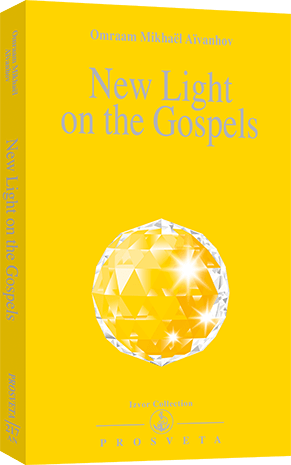
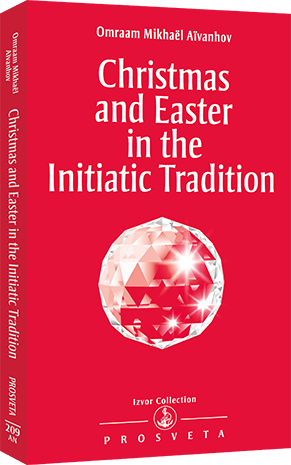
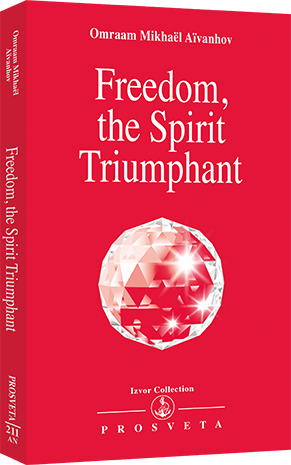
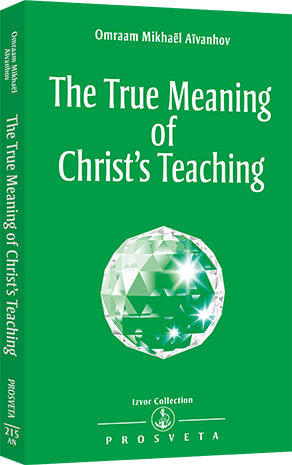
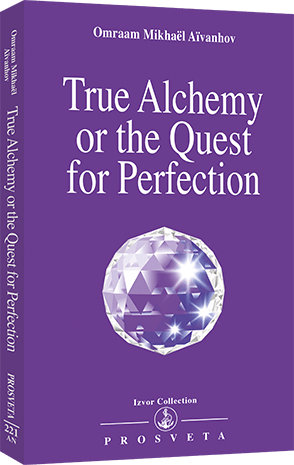
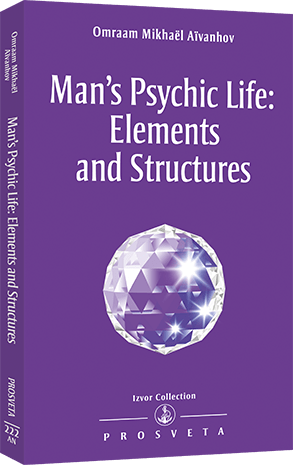
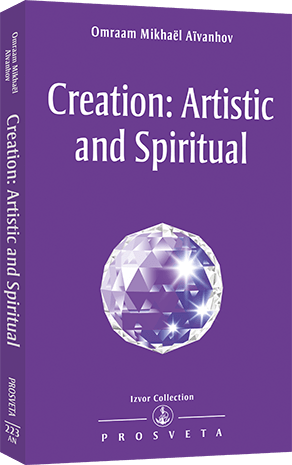
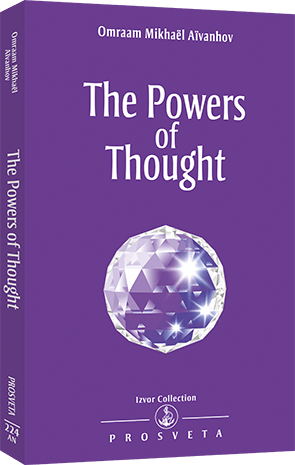
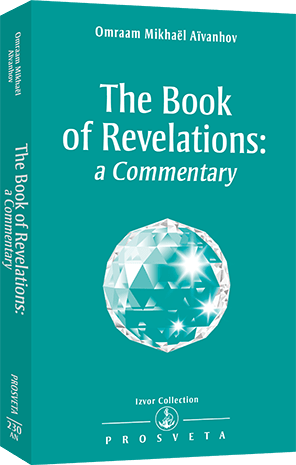

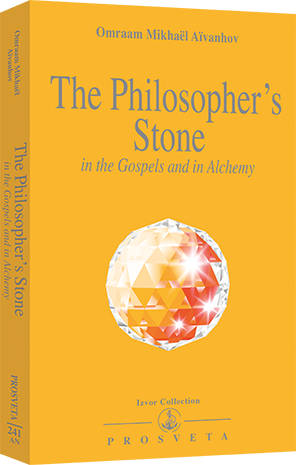


Innovative and concrete lighting.
By commenting on certain parables of the New Testament, Omraam Mikhaël Aïvanhov unveils and illuminates, once again, many subjects: renewing the memory of our cells, the importance of love and wisdom, our dual nature, the astral body, justice and grace, life force and solar plexus, etc.